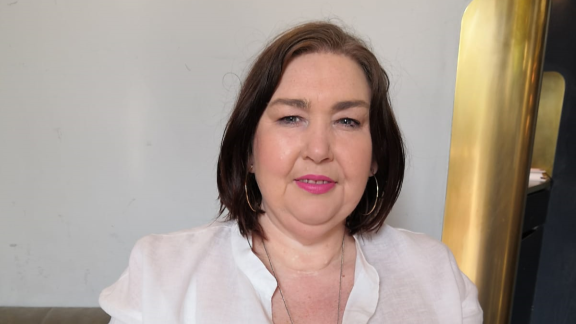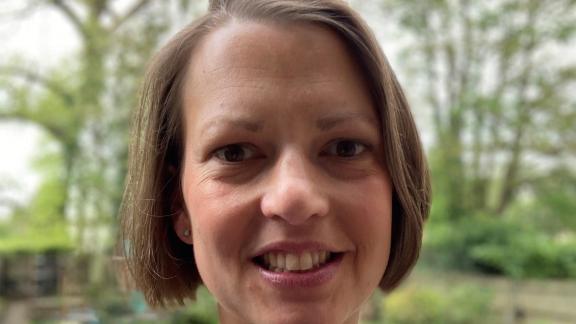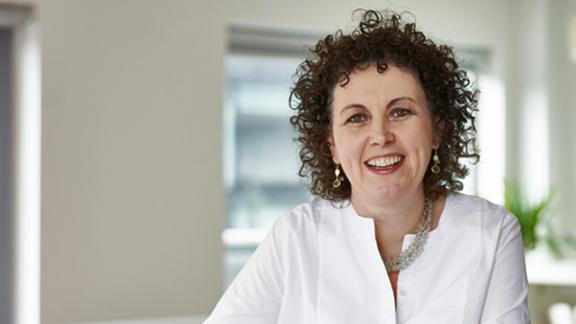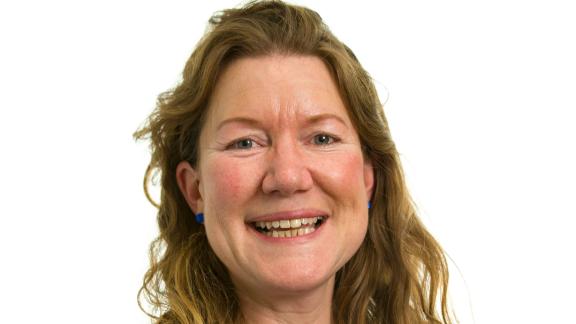Children’s mental health needs more
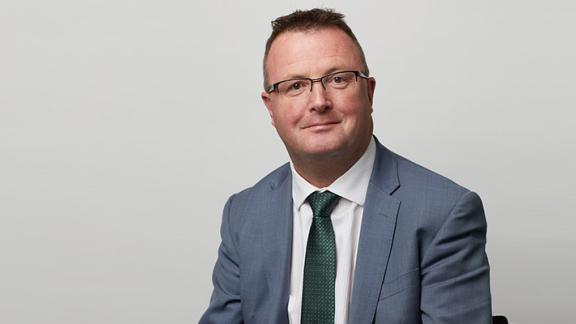
New impetus, more funding and innovation is needed to tackle long waits and growing demand in children and young people’s mental health services, which are highlighted by new national data.
This article was first published in HSJ on 20 Febtuary 2024.
The demand for children and young people’s (CYP) mental health services is greater than ever. The numbers with a probable mental disorder have increased markedly since 2017, as have contacts with NHS mental health services with the unfortunate knock-on impact that too many are waiting months if not years to access support. With the general election now months away, it is essential that this issue is given the priority it deserves.
While CYP mental health services were under pressure before the pandemic, there has been a 93 per cent increase in contacts with mental health services between November 2019 and November 2023, and the number of referrals in the same period increased by 158 per cent.
New national data
Although new data published by NHS England on waiting times for CYP mental health services has quality issues, it does highlight what was previously conjecture: that despite being very distressed, some children can have very long waits.
This data shows that between August and November 2023, about 10 per cent of children and young people were waiting more than seven months to access a first appointment in community mental health services, and in some areas much longer. A dearth of data means we do not know how long they are waiting for the second appointment.
We know that 50 per cent of adult mental health problems are present by age 15, and 75 per cent by age 24
Childhood is such a critical period of our lives in terms of healthy development physically, mentally and socially, and we know that having mental health issues can have a disproportionate impact on children’s lives. This has recently been highlighted by a report from the Academy of Medical Sciences, which looked at how improving health and wellbeing in the early years will help improve the nation’s health, wellbeing and prosperity.
We know that 50 per cent of adult mental health problems are present by age 15 and 75 per cent by age 24. So, it is crucial to provide effective mental health support for children and young people to reduce the risk of more severe mental health problems once in adulthood.
While services are seeing far more children and young people, the increase in prevalence, demand, complexity and severity of need means that services are often struggling to meet that demand.
And this is having a knock-on impact on other parts of the NHS, including general practice, paediatric services, emergency services, the voluntary sector, schools and local authority services.
Services, such as GPs, referring into specialist NHS CYP mental health services are often frustrated by the long waiting lists and the fact that their referrals are not accepted because of the scale of the demand.
Currently, only 8 per cent of the mental health budget and less than 1 per cent of the total NHS budget is spent on CYP mental health
CYP mental health services have historically been underfunded. Currently, only 8 per cent of the mental health budget and less than 1 per cent of the total NHS budget is spent on CYP mental health. We know that turning the tide will not be easy, so integrated and innovative ways of working are more important than ever. As is getting good value for the NHS pound and following the evidence for what works and provides good outcomes.
The positive news
The positive news is that in the 12 months to November 2023, the number of children and young people receiving at least one contact — be that in community services, the voluntary sector, digital services or in schools —has increased to 739,751 and risen by more than 36,000 since August 2023. We know that programmes that aim to prevent mental health problems from developing, and which include supporting parents and providing access in schools, all have a good evidence base but we need to make sure they are available everywhere.
We also need to look beyond the NHS and continue to work in partnership with non-NHS organisations
Early intervention is also important, so we need to complete the rollout of mental health support teams in schools and implement more early access hubs. We also need to look beyond the NHS and continue to work in partnership with non-NHS organisations.
While waiting times are often far too long, until recently we had no data to prove this. It may not be perfect but this data is now available, and it is essential that we tackle the increase in demand that is driving waiting times for children and young people’s mental health services head on.
Improving access to early intervention when children and young people first need support, rather than waiting until they are in crisis, is essential and should help turn the tide. We must shine a brighter spotlight now on the mental health needs of the next generation. They are our future.
Sean Duggan is chief executive of the NHS Confederation’s Mental Health Network. You can follow Sean and the network on X (formerly Twitter) @SeanDugganMHN and @NHSConfed_MHN
